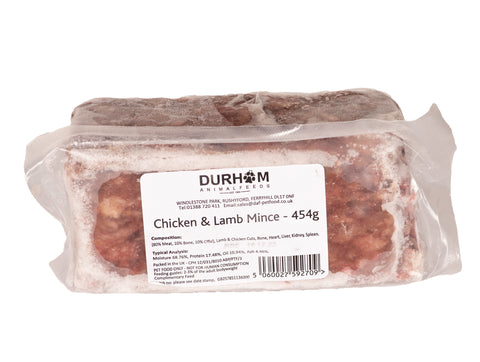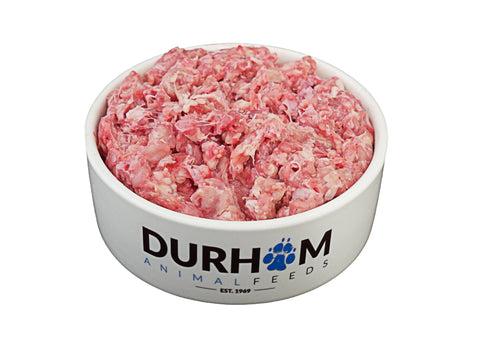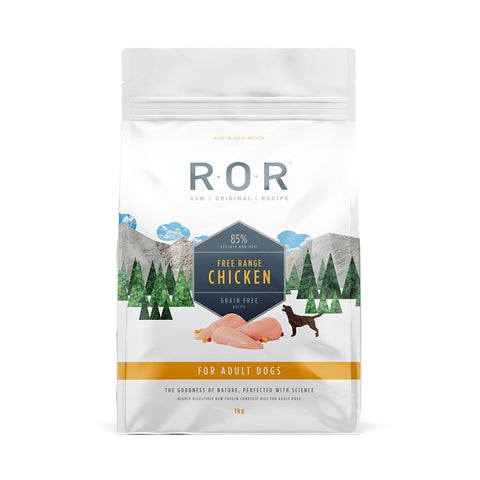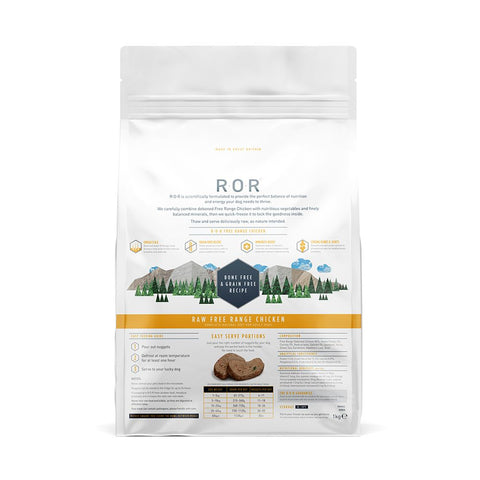Guide To Caring For Ferrets

Ferrets are sociable and should be kept as pairs or groups, providing all are neutered. The average lifespan of a ferret is 8-10 years and a male can grow up to 24 inches in length.
They are members of the Mustelidae family, which includes the weasel, stoat, mink, otter, badger, and polecat.
Choosing Your Ferret
There are many colours available such as albino, sable, silver, cinnamon, and the polecat ferret, so called because its dark mask resembles the polecat. Whichever colour you decide on, your ferret should be at least eight weeks old when you bring him home.
A healthy ferret should be:
Bright and alert.
Have no signs of discharge from eye, ears, mouth, and nose.
Have a clean anal area.
Have a glossy coat with no bald patches and not have sores on the skin.
Should have no signs of breathing problems.
Should move around the cage easily.
Amenable to handling.
Shopping List
Cage
Run
Food
Food dish
Water bottle
Bottle brush
TreatsSawdust/cat litter
Hay or straw
Bedding
Grooming brush
Ferret harness
Pet safe disinfectant
Toys
Book on ferret care
General Care
Ferrets are generally healthy animals and it is relatively simple to keep them fit and healthy. It is worth bearing in mind that ferrets can catch human colds and flu, so beware handling them if you are ill yourself.
Damp is a problem to ferrets so it is important to check daily that their bedding is dry and that their cage is protected from rain.
Grooming: Grooming helps keep your ferret healthy and allows you time to bond with your pet. Your ferret should be groomed at least once a week and your pet shop will be able to advise you on a suitable brush.
Claws: Claws should be trimmed regularly – your vet or pet shop will be able to advise.
Worming: Your ferret should be wormed regularly with a proprietary worming preparation.
Flea control: Regular flea treatments will be needed to prevent fleas and other skin parasites.
Vaccinations: Your ferret should be vaccinated against distemper and will regularly need boosters. If you intend to take you pet abroad he will need a pet passport, which requires, amongst other things, vaccination against rabies. Your vet will be able to advise you on appropriate vaccinations.
Neutering: It is strongly recommended that ferrets of both sexes are neutered. Males will have a less musky smell and will happily live with other neutered ferrets. Female ferrets risk serious, even fatal, illness if permitted to stay in season for prolonged periods. Neutering of either sex can be performed by surgery or by hormonal treatment. Your vet will be able to advise on the best intervention.
Insurance: Ferrets should be registered with your vet and insured against unexpected veterinary costs.
ID Chip: You should consider having your ferret micro-chipped and your vet or other pet professionals can advise you on this. It is also a good idea to have a very small cat collar with your contact details, in case your ferret escapes.
Should you have any concerns about your ferretís health speak to your vet – it is recommended to find a vet that has experience with these animals.
Housing
Ferrets can be kept indoors or outdoors provided the accommodation is dry, draught-free, escape-proof and out of direct sunlight. If keeping your ferrets indoors, beware of open doors and windows from which they can escape through.
Ferrets are active animals so the accommodation needs to be as large as possible and include multiple levels for sleeping and playing. A separate sleeping area with suitable bedding should be provided. If more than two ferrets are kept, you will need to give them two sleeping boxes. Hay is ideal for winter in the bedding area, whilst straw is better for summer. Alternatively, an old wollen jumper, fleece or blanket will provide extra warm the on cold nights, provided there are no loose fibres to catch their claws.
If kept indoors, ferrets can be provided with an outdoor run (a court) similar to an aviary, this should also be underwired as ferrets are good diggers. Do make sure that there is refuge from the sun and that drinking water is provided. Ferrets are susceptible to the sun and can get sun stroke if precautions are not observed. Some ferrets enjoy paddling and can be given a litter tray filled with cool water – it will also help cool them down in the summer.
Wood shavings or cat litter are both suitable floor coverings. As a general rule, cages should be cleaned thoroughly at least once a week.
A good quality, pet-friendly disinfectant should be used and all the bedding and shavings replaced with a fresh supply.
Ferrets often use the same area as their toilet every day. This can make cleaning easier and allows them to be trained to use a litter tray.
The enclosure should be furnished with an interesting selection of natural non-toxic wood branches, shelves, pipes, hammocks and toys. Toys keep ferrets active and entertained – a bored ferret may become an excellent
escape artist.
Ferrets can live in households with other animals but it should be remembered that ferrets are predators and should not be introduced to smaller animals such as rabbits and guinea pigs.
Similarly, dogs may be a threat to ferrets so take any introductions very carefully.
Handling
Ferrets should be handled gently but firmly and in a calm, quiet atmosphere. Pick your ferret up behind his front legs and support his bottom in your other hand. Stroke him and talk to him softly and he will soon learn to trust you.
Like puppies and kittens, ferrets tend to ‘test’ things with their teeth.
They are not vicious, but can make one or two experimental nips.ferrets are startled easily and do have sharp teeth, so until you have got to know your ferret and established mutual trust, do not allow him too near your face.
Ferrets are extremely playful and when they’re excited they ‘dance’ sideways, twisting and jumping, their mouths open and making soft hissing sounds or ‘chuckling’. Ferrets love to chase feet, run through tubes and rummage around boxes. Play is important to ferrets, so allow them lots of activity but make sure that anything you give them is not harmful. Claws can be caught in loose materials, and plastic carrier bags (which most ferrets love) are
dangerous if unsupervised.
Many Ferret owners take their ferrets for walks on small harnesses.
This is much enjoyed by ferrets but you will need to be careful that he cannot wriggle out of his harness and escape. Your pet shop will be able to advise you on a suitable harness.
Ferrets are full of curiosity and they have sharp teeth, although they generally don’t pose a threat to household wiring they instead prefer to dig in house plants or even scratch at carpets by closed doors. They also have a knack of getting into unlikely places, so play should always be supervised.
Feeding And Water
Ferrets are carnivores and require a high protein diet. All your ferretís dietary requirements are met with one of the proprietary ferret foods now readily available in your pet shop. This is in the form a dry kibble, so fresh water will need to be available at all times. Ferrets also enjoy fresh meat but be wary of feeding raw meat in hot weather. Ferrets frequently ëstashí food and this can attract flies and lead to health problems.
Despite being carnivores, some ferrets develop a taste for fruit and vegetables. A tiny taste may not be a problem but be very cautious; it is alien to a ferretís digestive system.
Fresh clean drinking water should be available at all times, and is best provided by a gravity-feed bottle.
The Animal Welfare Act 2006 means all pet owners have a legal duty of care to their pets. Any one who is cruel to an animal or is found not to be providing the five animal welfare needs, as listed below, can be fined and sent to prison.
The Five Animal Welfare needs:
1. Environment: Pets should be given the correct housing according to its size, this includes shelter, space to exercise and a secure, comfortable place to rest.
2. Diet: Pets should be offered the correct type and volume of food to cover all their nutritional needs alongside access to clean, fresh water.
3. Behaviour: All pets should be allowed to exhibit normal behaviour patterns and should be provided with the facilities to do so.
4. Company: Some animals require the company of their own kind, whilst others should be kept on their own.
5. Health: All animals should be protected from pain, suffering,
injury, and disease, and given veterinary treatment if they become sick or injured.
Credit to The Pet Charity www.thepetcharity.org.uk
Registered Charity No: 1052488










